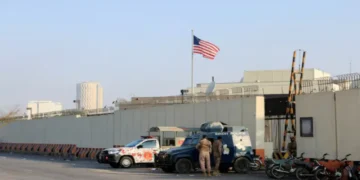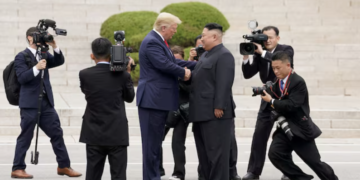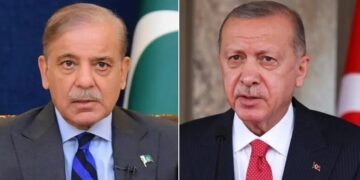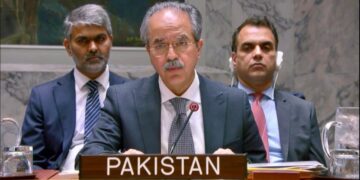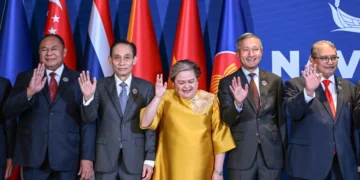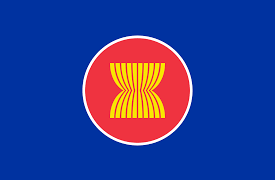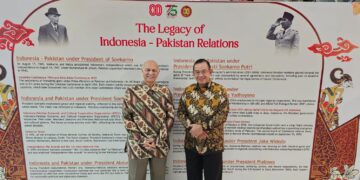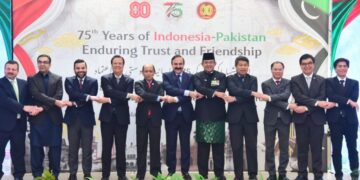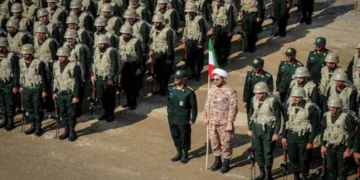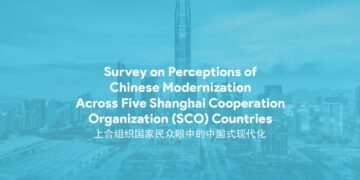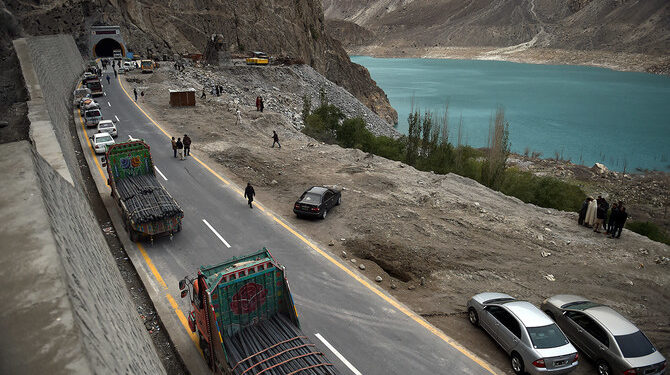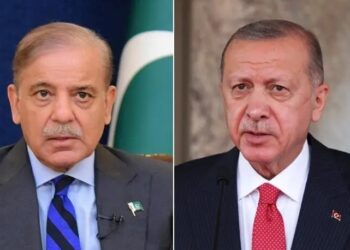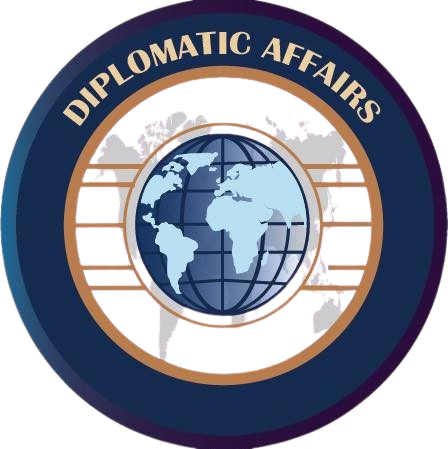GILGIT-BALTISTAN; Traders in Gilgit-Baltistan on Saturday ended their more than two-month-long sit-in at the Sost Dry Port, clearing the way for the resumption of trade and tourism through the Pakistan-China border.
The protest, which began in July, was launched against government taxation policies and the suspension of customs clearance at the port.
Trade leader Javed Hussain, who spearheaded the movement, said that the decision to call off the sit-in was announced by the supreme council, the representative body engaged in talks with the federal and GB governments.
Earlier this week, Power Minister Sardar Awais Ahmad Khan Leghari confirmed that the government had agreed to tax exemptions on imports arriving via Sost Dry Port, provided the goods were meant for local consumption and met strict eligibility conditions.
The overall ceiling for such exemptions was set at Rs4 billion annually.
Despite this concession, GB traders had initially rejected the outcome of negotiations, expressing dissatisfaction and vowing to continue their sit-in until a meeting with the supreme council was held.
According to Hussain, traders agreed to end the protest following the council’s advice, though he voiced reservations about the decision, noting that the government’s concessions did not fully meet their demands.
Another trade leader, Rehan Shah, said that a meeting held with the supreme council on Friday night reviewed both the agreement and the sit-in. It was decided that containers stranded at the Sost Dry Port for nearly two years would be cleared within the next two days.
Additionally, a statutory regulatory order (SRO) is expected to be issued within a month, which Shah described as the “practical implementation” of traders’ demands.
He added that traders and the council would convene again to decide the future course of action once the SRO is issued — or sooner, if its issuance is delayed.
Separately, a committee formed by the GB chief minister had earlier recommended introducing a special consolidated SRO granting tax exemptions specifically for Gilgit-Baltistan.
























